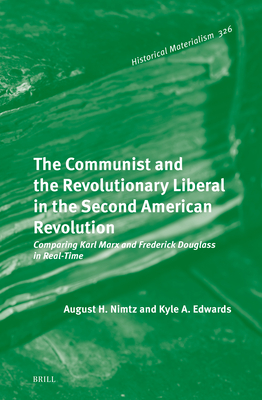
H. Nimtz, August
product information
description
arative political analysis offers a unique look at two historically consequential figures with two very different theoretical and political perspectives, both of whom expertly examined the most contentious issue of the nineteenth century. By juxtaposing the political thought and activism of Karl Marx and Frederick Douglass, Nimtz and Edwards are able to make insightful observations and conclusions about race and class in America. The Communist and the Revolutionary Liberal reveals how two still competing political perspectives, liberalism and Marxism, performed when the biggest breakthrough for the millennial-old democratic quest after the French Revolution occurred - the abolition of chattel slavery in the United States. In so doing, it presents potential lessons for today.
member goods
No member items were found under this heading.
listens & views

MINISTRY OF SOUND: R&B ANTHEMS ...
by MINISTRY OF SOUND: RANDB ANTHEMS 2 / VARIOUS
COMPACT DISCout of stock
$21.99
Return Policy
All sales are final
Shipping
No special shipping considerations available.
Shipping fees determined at checkout.






